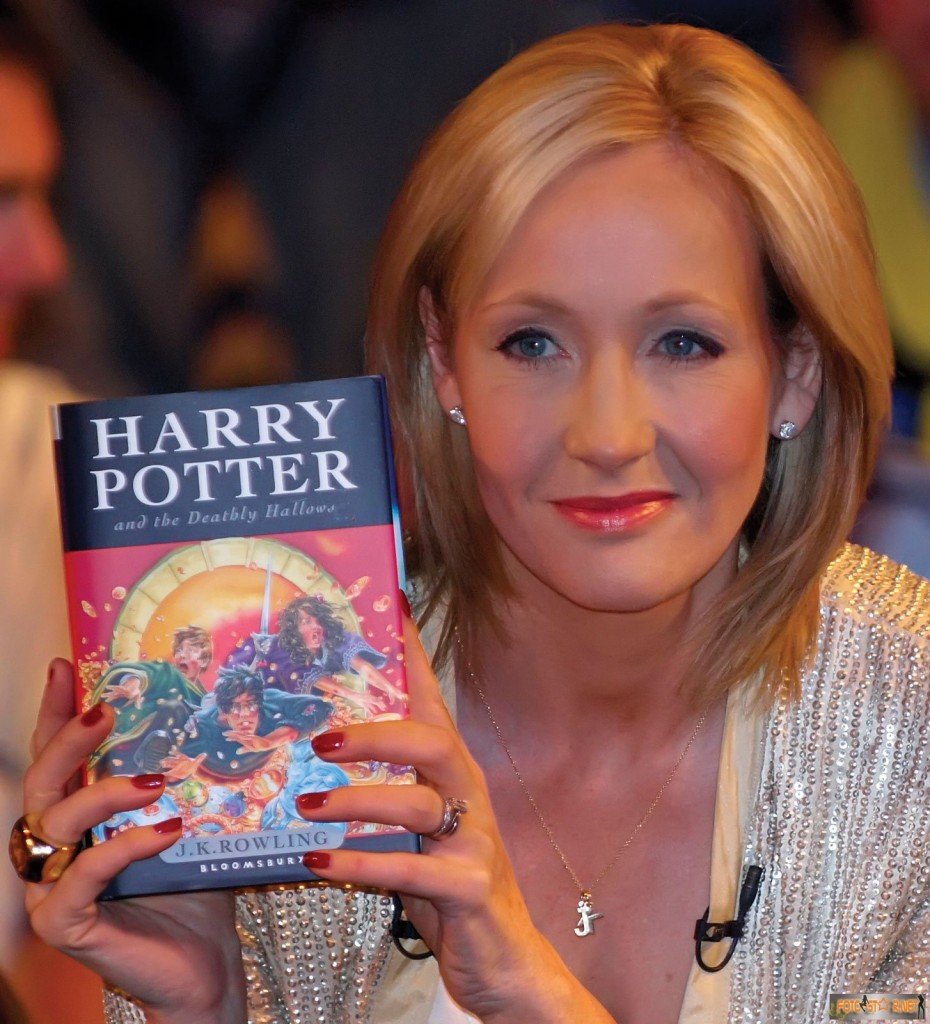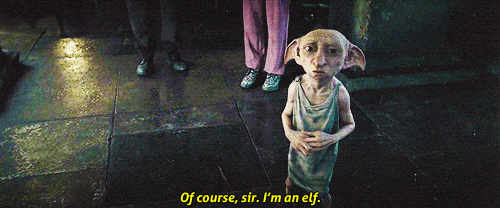Harry Potter Has More Magic Than We Expected
Harry Potter just added another spell to his list of sorcery skills.
Did you grow up with a healthy dose of Harry Potter? Reading the Harry Potter series could have made you a more tolerant person.
According to the Journal of Applied Social Psychology, children who read the Harry Potter series are less prejudiced towards stigmatized groups like homosexuals, immigrants or refugees
According to the Journal of Applied Social Psychology, children who read the Harry Potter series are less prejudiced towards stigmatized groups like homosexuals, immigrants or refugees.
Image via blogspot.comAt least that's the finding of a new paper in the Journal of Applied Social Psychology, which claims reading the Harry Potter series significantly improved young peoples' perception of stigmatized groups like immigrants, homosexuals or refugees.
That’s the conclusion of research just published in the Journal of Applied Social Psychology. It finds that, among young people, reading J.K. Rowling’s book series—and, crucially, identifying with the lead character—can reduce bias toward stigmatized minority groups.
psmag.comThe research shows that children who read Harry Potter have a better ability to assume the perspective of minority groups
The first took 34 Italian fifth-graders and plunged them into a six-week course on Potter. The researchers began by having the students fill out a questionnaire on immigrants, and then split them into two groups which read selected passages from the series. The students in the first group discussed prejudice and bigotry as themes in the books, while the others didn't, serving as a control group. The students in the first group showed "improved attitudes towards immigrants," but only if they identified with Potter.
A second study with 117 Italian high school students found that a reader's emotional identification with Harry was associated with more positive perceptions of LGBT people in general. A third, which surveyed U.K. college students, ultimately found no association between an emotional bond with Harry and perceptions of refugees. But it did indicate that students who had less of an emotional identification with Voldemort had "improved attitudes toward refugees."
In all three studies, the researchers credited the books with improving the readers' ability to assume the perspective of marginalized groups.
Children were able to make the connection between Harry's defense of "mudbloods" with the bias against immigrants and gays; subservient elves and goblins with black Africans; and Voldemort with Nazism
Children were able to make the connection between subservient elves and goblins with black Africans in apartheid South Africa.
Image via tumblr.comKids (with the help of a discussion leader for the youngest) were able to make the imaginative leap between Harry’s defense of “mudbloods” and the unfairness of bigotry toward immigrants and gays.
psmag.comIn addition, Harry and his friends interact with various sub-human species such as elves and goblins, who regularly complain about being forced into subservient roles, not unlike blacks in apartheid South Africa. Harry “tries to understand them and appreciate their difficulties,” the researchers write.
psmag.comVoldemort, who represents pure evil, makes arguments that have “rather obvious” parallels with Nazism, they write, noting that he believes all power should reside in “pure-blood” witches and wizards, as opposed to those born of one magical parent and one non-magical “muggle.”
psmag.comHowever, this improved attitudes towards minority groups only occurred among those who identified with the lead character, Harry Potter
Improved attitudes towards minority groups only occurred among those who identified with the lead character, Harry Potter
Image via tumblr.comThe researchers caution, however, that this welcome reaction only occurred among those who identified with the title character.
psmag.com




